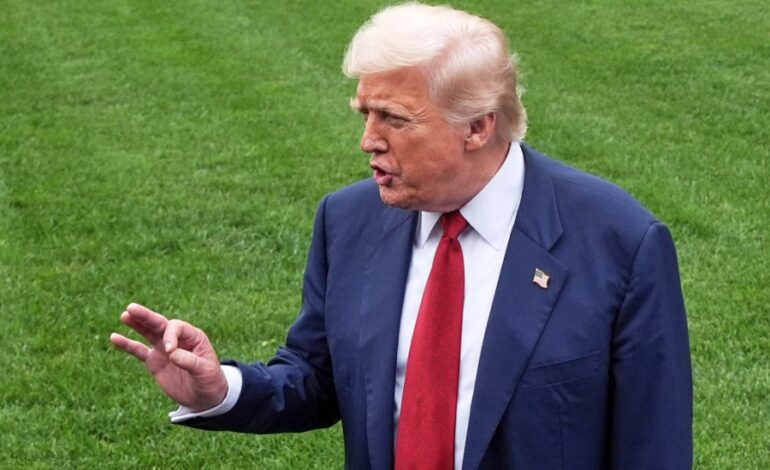Trump’s Foreign Policy Choices Could Undermine Republican Gains

As the 2024 midterm elections approach, former President Donald Trump faces challenges that could significantly affect his party’s prospects. His recent decision to engage in a more extensive conflict involving Israel and Iran has raised concerns among voters, particularly independents. A survey indicates that 65 percent of voters and 69 percent of independent voters would attribute rising gas prices to Trump’s involvement in this conflict.
The potential fallout from this foreign policy shift extends beyond immediate public opinion. The survey reveals that a striking 72 percent of respondents oppose the war, primarily due to fears of its economic repercussions. As gas prices continue to climb, the intersection of foreign policy and domestic economic concerns is likely to play a substantial role in shaping voter sentiment leading up to the midterms.
Economic Impact on Voter Sentiment
The implications of Trump’s foreign policy decisions are particularly acute given the current economic landscape. Many Americans are already grappling with inflation and increasing living costs. The prospect of a prolonged conflict in the Middle East raises alarms about further economic instability.
Independent voters, a crucial demographic for the Republican Party, are particularly wary. Their disapproval of the war reflects a broader sentiment that prioritizes economic stability over military engagement. The survey results suggest that Trump’s foreign policy could alienate this group, which previously contributed to his electoral victories.
In addition to economic concerns, the potential for military escalation in the region adds layers of complexity to the political discourse. Critics of the former president argue that his actions could distract from pressing domestic issues, such as healthcare, education, and job creation, which are top priorities for many voters.
Strategic Considerations for the Republican Party
As the Republican Party prepares for the midterm elections, party leaders must navigate these challenges carefully. The alignment of foreign policy with voter expectations is crucial for maintaining support. Trump’s recent actions may necessitate a reevaluation of strategies to connect with constituents who prioritize economic stability.
In light of these developments, the party’s messaging will need to address both national security and domestic economic concerns. Crafting a narrative that resonates with independent voters could prove pivotal for Republican candidates in the upcoming elections.
The Republican Party’s ability to respond to these dynamics will likely shape its electoral performance. As voter sentiment continues to evolve, the implications of Trump’s foreign policy decisions will remain a focal point in the lead-up to the midterms. With the stakes high, both party leaders and candidates will need to engage in thoughtful dialogue with their constituents to regain lost ground.






